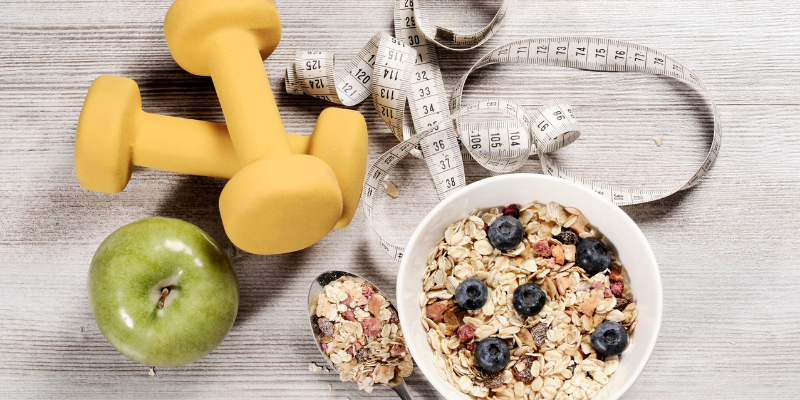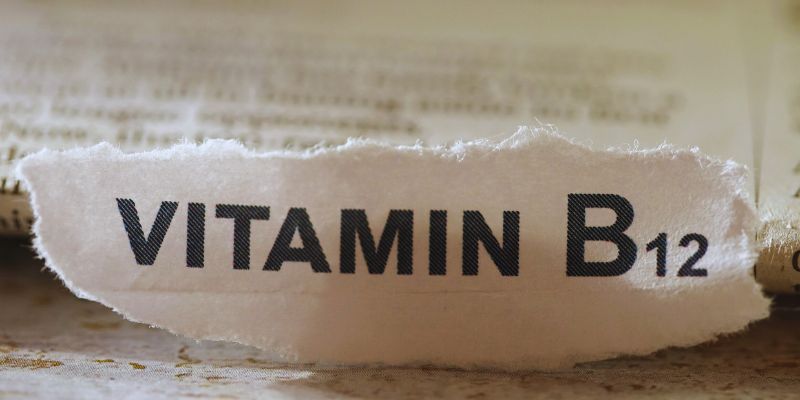Continually hear of cutting or counting calories, yet many don't even know what that translates into their health. The need for calories varies enormously depending on your fitness goal, activity level, gender, weight, and age. Others try to build muscle while others hope to lose weight. For all those reasons, learning about your personal calorie needs is essential. Without that information, you might be overeating or undereating without even knowing it. In this article, we'll discuss how calories function, what influences how many you require per day, and how you can calculate and adjust your intake according to your objectives.

What Are Calories?
Calories are merely measures of energy your body employs to accomplish any activity—pumping blood, digesting food, walking, and lifting weights. We intake calories from macronutrients whenever we consume food: carbohydrates and proteins yield four calories per gram, and fats yield nine calories per gram. These calories are burned by the body to keep you alive and functioning. If we take in more calories than we expend, we gain weight; if we spend more than we take in, we lose weight. Knowing this energy balance is crucial when controlling your health, particularly for long-term objectives such as weight loss or muscle gain.
Factors That Affect Calorie Requirements
Your daily calorie requirements aren't arbitrary—they depend on a few key factors. Most significant is your basal metabolic rate (BMR), or how many calories your body requires to exist when resting. Other factors, such as your physical activity level, age, sex, weight, and body composition, enter the picture from there. Men generally require more calories than women because they have more muscle mass, and active individuals use more than inactive ones. Even hormones and certain medical conditions can affect the number of calories you burn daily, so personal calculations are much more precise than averages.
How to Calculate Your Calorie Needs
Calculate your Basal Metabolic Rate (BMR) to determine your daily calorie needs. You can calculate BMR using the Mifflin-St Jeor Equation, which calculates weight, height, age, and sex. Then, multiply your BMR by an activity factor to determine your Total Daily Energy Expenditure (TDEE). This is the total calories you expend daily, including exercise and regular daily activity. With your TDEE in front of you, you can adjust your intake according to your goal—consume at TDEE to stay the same weight, below it to lose, or above it to gain. This system provides a simple guideline.
Calorie Needs by Goal
Your daily calorie intake should be equal to your health or fitness goal. If you're trying to stay the same weight, consume near your TDEE. You must establish a calorie deficit—usually 500 to 1000 fewer calories daily—to lose 1 to 2 pounds weekly. Add approximately 250 to 500 additional calories daily to gain weight or build muscle. Avoid cutting or adding too many calories, as this will slow metabolism or cause fat gain rather than lean muscle. Adjusting gradually and monitoring your progress will yield the best long-term results.
Example Calorie Needs by Demographic
Calorie needs can vary widely based on age, sex, and lifestyle. For example, a sedentary woman in her 20s might only need 1,800 to 2,000 calories per day, while an active man in his 20s could require 2,800 to 3,000. Children need fewer calories, but they increase during growth spurts. Seniors typically need less due to a slowing metabolism and reduced activity. While guidelines from the USDA provide general ranges, they're not tailored to your unique body or activity level. That's why tools like TDEE calculators or consulting with a dietitian can provide a more personalized and effective estimate.
Calories Aren’t Everything
While calories measure energy, not all calories offer the same nutritional value. Consuming 2,000 calories in the way of processed snacks is not equivalent to receiving 2,000 calories from whole grains, vegetables, lean protein, and healthy fats. Nutrient-dense foods promote health, energy, and digestion, whereas empty-calorie foods contribute to fatigue, cravings, and weight gain. Prolonged obsession with calories without taking food quality into account is counterproductive. Therefore, although knowing your caloric requirements is good, it's just as good to eat high-quality foods that feed your body and align with your objectives. Balance daily energy intake with nutrient-dense food choices.

Tools to Assist You in Monitoring Calories
Monitoring calories has never been simpler with the help of mobile apps and internet tools. Mobile apps such as MyFitnessPal, Cronometer, and Lose It! enable you to record meals, scan barcodes, and even monitor nutrients other than calories. Most fitness trackers, such as Fitbit and Apple Watch, estimate the number of calories you burn daily. You may also use online TDEE calculators to provide a rough baseline estimate. Although you don't need to count forever, counting for a few weeks lets you pay closer attention to your eating habits. Such attentiveness can induce long-term changes without having to follow restrictive diets.
Should Everyone Count Calories?
Calorie counting is not for everyone; in some instances, it can be obsessive or mentally draining. Some individuals thrive on intuitive eating—paying attention to hunger signals and eating whole foods without counting numbers. Yet, calorie counting can be highly effective for individuals with certain goals, such as fat loss, muscle gain, or dealing with a medical condition. It's a matter of balance and awareness, not restriction. If tracking is stressful, try less structured approaches such as portion control or meal planning. The idea is to create sustainable habits that serve your health, not to follow strict numbers forever.
Conclusion
Understanding how many calories your body requires provides the foundation to make wiser, goal-driven choices about your diet. Though calorie requirements differ based on individual factors such as age, activity level, and body composition, formulas such as the BMR and TDEE can assist you in estimating your optimal intake. Remember that the quality of your calories is as important as the quantity. Monitoring, even temporarily, can create awareness that leads to improved food selection and more control over your health path. Whether you’re maintaining, losing, or gaining, understanding your calorie needs is the first step toward long-term wellness.












